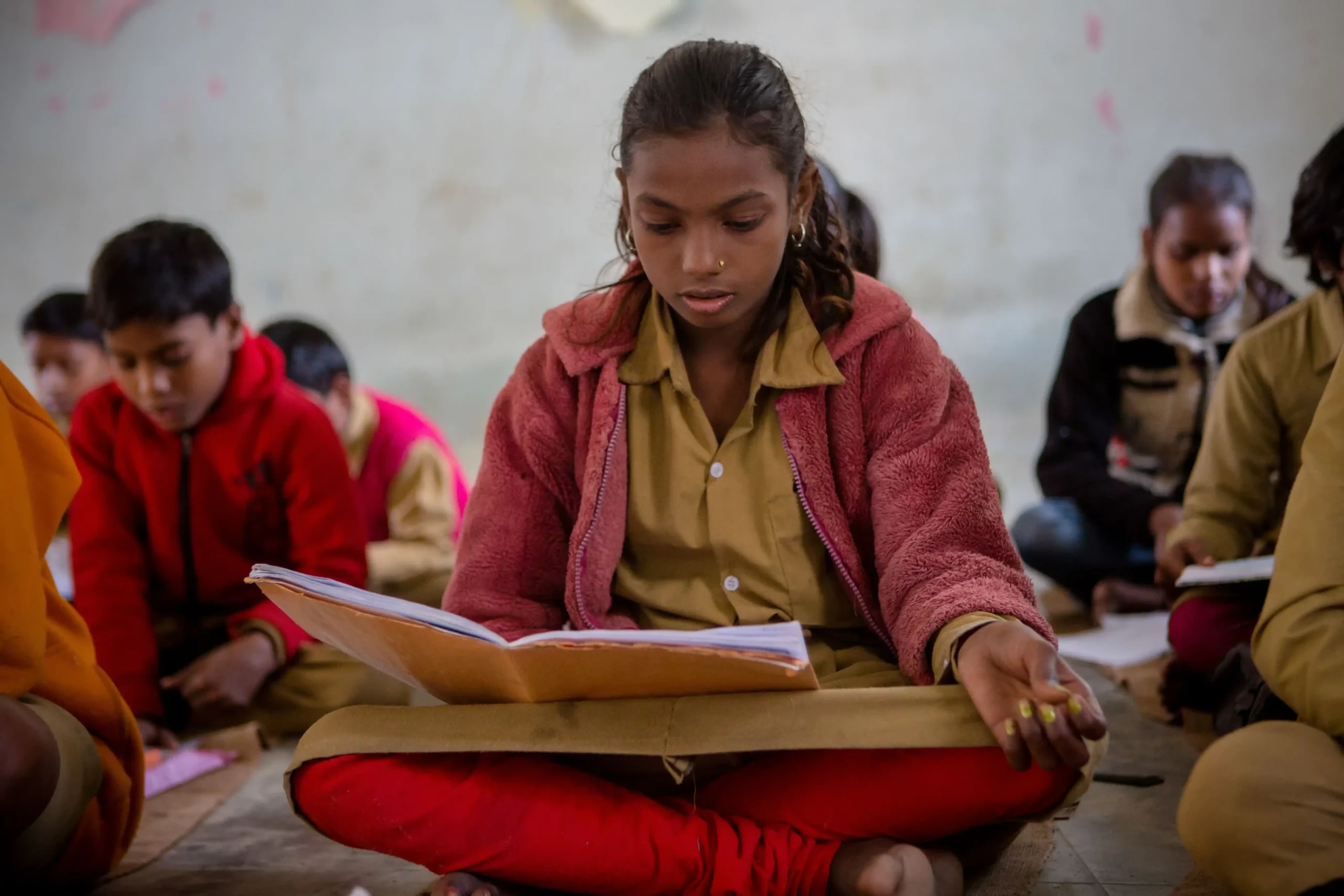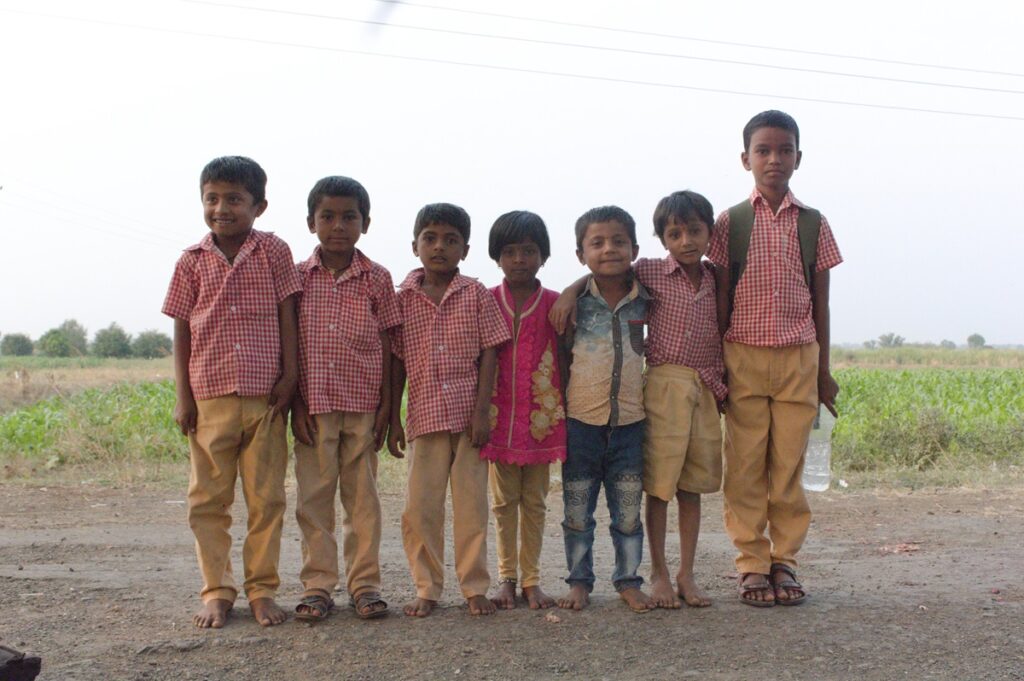
International Day of Women and Girls in Science: Celebrating the Girls in Science
Every year, the International Day of Women and girls in science brings the world together to celebrate curiosity, creativity, and the courage to expl....
Read MoreSchool readiness is a critical milestone in a child's educational journey, laying the foundation for lifelong learning and success. But what is the importance of school readiness? From understanding the essential skills and competencies that contribute to readiness to examining the transformative impact it has on a child's educational trajectory, we aim to shed light on the importance of preparing children for school. In this blog, we'll delve into school readiness concepts, explore their significance, and discuss how organizations like CRY India empower underprivileged children to thrive in the classroom.

School readiness encircles a range of skills and abilities that equip children to transition smoothly into formal schooling. These include cognitive skills such as language and numeracy, social and emotional development, physical health, and overall well-being. Essentially, it's about preparing children not just academically, but also emotionally and socially, for the classroom challenges.
Many underprivileged children in India face significant barriers to school readiness. Factors such as poverty, limited access to quality early childhood education, and inadequate nutrition can hinder their development and readiness for school. As a result, these children often start school at a disadvantage, struggling to keep up with their peers and falling behind academically and might eventually drop out.
School readiness equips children with essential learning skills, such as critical thinking, problem-solving, and creativity. These skills lay the groundwork for academic success, enabling children to engage meaningfully with classroom activities and develop a love for learning.
In addition to academic skills, school readiness encompasses self-help skills like dressing independently, using the restroom, and following instructions. These skills foster independence and confidence, enabling children to easily navigate the school environment and participate actively in classroom routines.
School readiness also involves developing social and emotional competencies, such as empathy, self-regulation, and conflict resolution. These skills are crucial for building positive relationships with peers and teachers, managing emotions effectively, and adapting to the social dynamics of the classroom.
Also Read: Importance of Inclusive Education
CRY India, child education NGO is committed to ensuring that every child has the opportunity to thrive in school and beyond. To address the root causes of educational inequality, through various initiatives and programs, CRY works tirelessly to empower underprivileged children with the skills and support they need to succeed. Here's how CRY promotes school readiness:
CRY's early childhood development programs focus on providing quality early education, nutrition support, and healthcare services to young children from marginalized communities. By investing in the early years, CRY lays a strong foundation for school readiness and sets children on a path to success.
CRY collaborates with local communities to identify and address the unique needs of children at risk of school readiness challenges. Through community-based interventions, to support their children's development and prepare them for school, CRY provides parents and caregivers with resources and training.
In addition to direct interventions, CRY advocates for systemic changes to improve access to quality education and support services for underprivileged children. By influencing policies and practices at the local, state, and national levels, CRY strives to create a more equitable and inclusive education system for all children.
To sum up, school readiness is incredibly important for children as they start their educational journey. It sets the stage for their future success in school and life. However, achieving school readiness can be tough for many underprivileged children in India.
Fortunately, organizations like CRY India are stepping up to make a difference. They're working hard to make sure every child, regardless of their background, has the tools and support they need to thrive in school. By focusing on early childhood development, community-based programs, and advocating for better policies, CRY is helping to level the playing field for these children.
Thanks to efforts like these, more and more underprivileged children are getting the chance to reach their full potential. With continued support and investment in initiatives like those led by CRY India, we can ensure that every child has the opportunity to succeed in school and beyond.